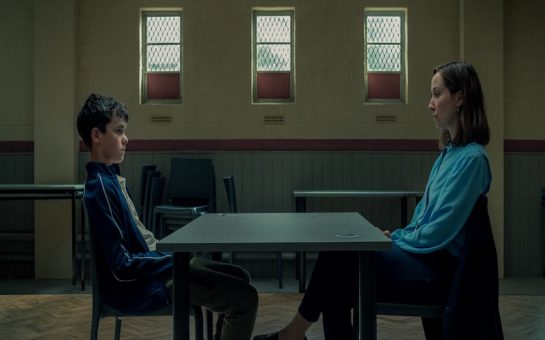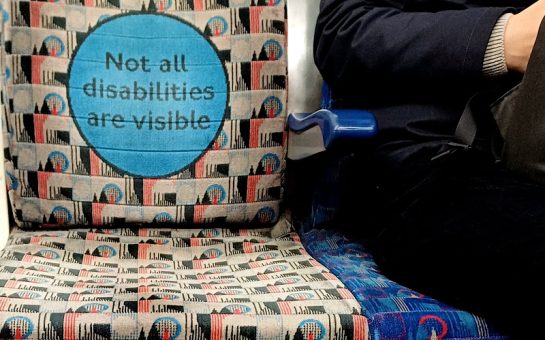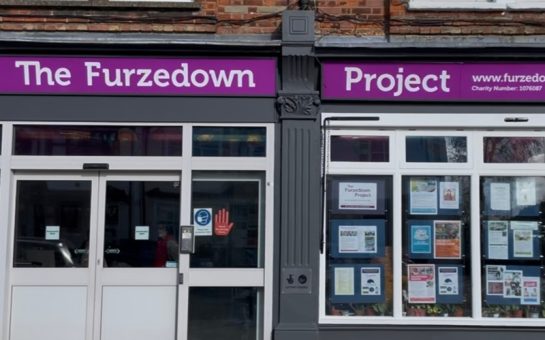Lib Dem Chief Whip Tom Brake has recommended the extension of the Freedom of Information (FOI) Act to charities and private companies that hold government contracts.
The former Deputy Leader of the House of Commons criticised recent government attempts to dilute the act’s power during his ten-minute rule bill in parliament.
The introduction of an FOI (Public Interest and Transparency) Bill has gained cross-party support and Mr Brake insists it fosters openness and transparency vital to good government.
“Well-functioning freedom of information laws are fundamental to our democracy,” he said.
“From FOI requests uncovering figures of A&E ambulance delays and policing costs to, famously, the MPs expenses scandal we all benefit from the ability to obtain and reveal embarrassing information.
“I want to end the long standing hypocrisy of the ‘ministerial veto’ which allows ministers to block FOI requests.
“The most famous example being that of Jack Straw who blocked the public release of minutes from meetings preceding the Blair government’s decision to lead our nation into an illegal war in Iraq.
“Most importantly, I want to end an anomaly. The FOI Act fails to cover private companies contracted to carry out public sector work.”
The Lib Dem MP suggests it should be applicable to private organisations such as G4S and Kids Company, as well as charities and train operator Southern Rail.
“The services G4S provides on behalf of the UK government are subject to freedom of information laws and we regularly provide information to our government agencies when requests are made for disclosure.
A G4S spokesman: “Markets built on transparency raise performance and reassure the public
that there is value for money in outsourcing certain public services and therefore we support moves to bring greater openness to the provision of public services, whether they are provided by public, private or the voluntary sectors.”
The bill has been signed by Tory MP David Davis, Labour MP Graham Allen and Green MP Caroline Lucas.
In a recent move Russell Group universities demanded that they should be removed from the act because they are private institutions and not public bodies.
Kingston University refused to formally align itself with the Russell Group in regards to the possible changes to the act.




